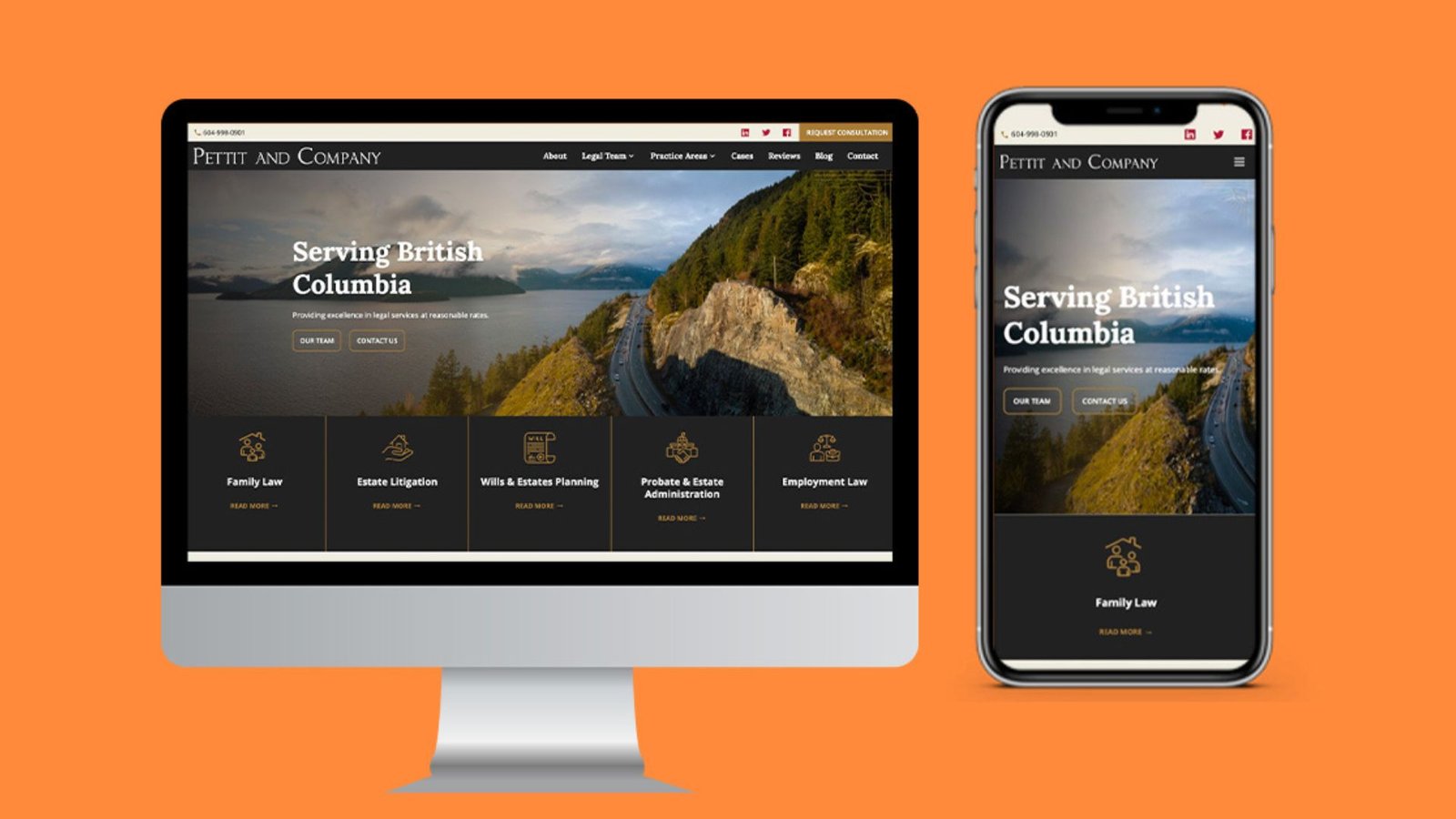Paid search advertising can be a powerful tool for driving traffic and generating leads, but to achieve the best results, it’s essential to maximize your return on investment (ROI). By employing effective strategies, you can ensure that every dollar spent on paid search delivers the highest possible returns. Here’s how you can maximize ROI with paid search strategies.

1. Define Clear Goals and KPIs
Set Specific Objectives
- Identify Goals: Clearly define what you want to achieve with your paid search campaigns, such as increasing sales, generating leads, or boosting brand awareness.
- Align KPIs: Align your key performance indicators (KPIs) with these goals. Common KPIs include cost per click (CPC), conversion rate, and return on ad spend (ROAS).
Track Performance Metrics
- Use Analytics Tools: Implement analytics tools like Google Analytics to track and measure the performance of your campaigns. Monitor metrics such as click-through rates (CTR), conversion rates, and overall ROI.
2. Optimize Your Keyword Strategy
Conduct Keyword Research
- Identify Keywords: Perform thorough keyword research to identify relevant keywords with high search volume and intent. Use tools like Google Keyword Planner or SEMrush to discover effective keywords.
- Long-Tail Keywords: Focus on long-tail keywords, which are more specific and often less competitive. These keywords can lead to higher conversion rates and lower CPC.
Implement Negative Keywords
- Exclude Irrelevant Searches: Use negative keywords to prevent your ads from showing up for irrelevant or low-performing search queries. This helps reduce wasted ad spend and improve overall campaign efficiency.
3. Craft Compelling Ad Copy
Write Engaging Headlines
- Attention-Grabbing: Create headlines that grab attention and clearly convey the value proposition. Use compelling language and include relevant keywords to increase relevance.
- Include CTAs: Incorporate strong calls-to-action (CTAs) that encourage users to take the desired action, such as “Buy Now,” “Get a Free Quote,” or “Sign Up Today.”
Optimize Ad Descriptions
- Highlight Benefits: Use ad descriptions to highlight the unique benefits and features of your product or service. Provide clear and concise information that addresses user needs and pain points.
- A/B Testing: Test different versions of ad copy to determine which performs best. Regularly review and update your ads based on performance data.
4. Leverage Ad Extensions
Utilize Various Extensions
- Site Link Extensions: Add site link extensions to direct users to specific pages on your website, such as product categories or special offers.
- Call Extensions: Include call extensions to allow users to directly call your business from the ad, enhancing convenience and potentially increasing conversions.
- Location Extensions: Use location extensions to show your business address and help users find your physical store, if applicable.
Optimize for Mobile
- Mobile-Friendly Ads: Ensure that your ads and landing pages are optimized for mobile devices. A significant portion of search traffic comes from mobile users, so provide a seamless mobile experience.
5. Optimize Landing Pages
Create Relevant Landing Pages
- Match Ad Copy: Ensure that your landing pages align with the messaging and offers in your ads. This consistency improves user experience and increases the likelihood of conversions.
- Clear CTAs: Include clear and prominent CTAs on your landing pages to guide users towards the desired action. Use actionable language and make the CTA button stand out.
Improve Page Load Speed
- Fast Loading Times: Optimize landing page load times to reduce bounce rates and improve user experience. Compress images, minimize scripts, and use efficient hosting solutions.
6. Manage Your Budget Effectively
Set a Realistic Budget
- Allocate Budget Wisely: Determine a budget that aligns with your goals and target audience. Allocate more budget to high-performing keywords and campaigns for better ROI.
- Monitor Spend: Regularly review your ad spend and adjust your budget based on performance. Use automated rules and bid adjustments to manage budget effectively.
Use Bid Strategies
- Manual Bidding: For more control, use manual bidding to set specific bids for each keyword. Adjust bids based on performance and competition.
- Automated Bidding: Utilize automated bidding strategies, such as Target CPA (cost per acquisition) or Target ROAS, to optimize bids and maximize conversions.
7. Analyze and Adjust Your Campaigns
Review Performance Data
- Regular Analysis: Continuously analyze campaign performance data to identify trends and areas for improvement. Look for patterns in user behavior, keyword performance, and ad effectiveness.
- Adjust Strategies: Based on your analysis, adjust your strategies and tactics to improve performance. This may include changing keywords, revising ad copy, or reallocating budget.
Implement Continuous Improvement
- Ongoing Testing: Regularly test new strategies, ad variations, and keywords to find the best-performing combinations. Implement A/B testing and multivariate testing to refine your approach.
- Stay Updated: Keep up with industry trends and changes in paid search platforms to stay ahead of the competition. Adapting to new features and best practices can enhance your ROI.
8. Focus on Audience Targeting
Refine Targeting Options
- Demographic Targeting: Use demographic targeting to reach specific age groups, genders, or income levels that are most likely to convert.
- Geographic Targeting: Target users based on their location to ensure that your ads are shown to the relevant audience in specific regions or cities.
Utilize Remarketing
- Reconnect with Visitors: Implement remarketing strategies to re-engage users who have previously visited your website. Show targeted ads to these users to encourage them to return and complete a conversion.
Conclusion
Maximizing ROI with paid search strategies requires a thoughtful approach to planning, execution, and optimization. By defining clear goals, optimizing your keyword strategy, crafting compelling ad copy, and managing your budget effectively, you can improve the performance of your paid search campaigns. Additionally, focusing on landing page optimization, continuous analysis, and audience targeting will help drive better results and ensure that your advertising investment delivers the highest possible returns. Embrace these strategies to enhance your paid search efforts and achieve greater success.




